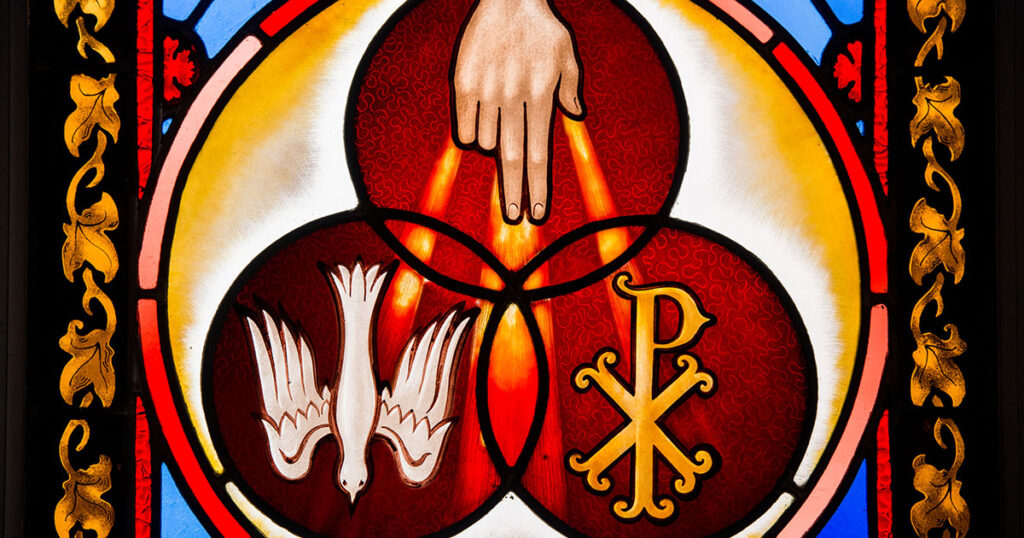Around the world, both religious commitment and religious rejection are growing in various countries. But being lukewarm when it comes to religion is decreasing everywhere. The number who say that religion is “not too important” or only “somewhat important” is shrinking.
Those are some of the findings of a new Pew Research study of religious attitudes in 34 countries around the world.
The decline of the lukewarm in favor of the definite commitment or rejection was evident in 24 of those countries. The numbers stayed the same in four countries and the more wishy-washy stance increased in six.
Overall, religious belief is winning out. Of those surveyed, 24% said that religion is “very important” in their lives, and 14% said that it is “not at all important.”
Of course, the rates varied from country to country. In the United States, an impressive 47% say that religion is “very important,” with 16% saying it is “not at all important.”
It’s a different story in Europe. In the United Kingdom, only 20% consider religion to be “very important,” while 39% say the opposite. In Germany, the number of people who consider religion to be “very important” is 20%, but this is an increase since 2002, with the “not at all important” number also growing, to 29%.
Especially striking is the growth of religion in the formerly atheistic countries of the former Soviet Union. In Russia, 22% consider it “very important” and only 11% consider it “not important.” Here the number of those in the middle is significant: 41% consider religion “somewhat important.” A total of 63% acknowledge the importance of faith in Russia.
Nations in the developing world, though, are the most religious by far. In Nigeria, 93% consider religion “very important to their lives,” while 0% — not a single respondent — say that it is “not at all important.”
The decline of the less-committed middle in favor of either a strong commitment or no commitment matches other findings. Christian researcher Ed Stetzer, in his Christianity Today article “Nominals to Nones,” says that virtually all of the nones are coming from the ranks of “nominal” — in name only — Christians, whereas the numbers of what he calls “convictional” Christians, those who really believe in the faith, remain high. He writes, “The nominals are becoming the nones, yet the convictional are remaining committed. In other words, Americans whose Christianity was nominal — in name only — are casting aside the name. They are now aligning publicly with what they’ve actually not believed all along.”
One of the primary reasons it appears as though American Christianity is experiencing a sharp decline is because the nominals that once made up (disproportionately) mainline Protestants and Catholics are now checking “none” on religious affiliation surveys.
Previously, there was a strong cultural pressure to belong to a church. Thus, people kept their names on church roles and even attended frequently without really believing in what the church taught. That cultural pressure, for the most part, is gone. Today, if anything, the pressure goes the other way, so that not going to church aligns more with our secularist culture. As a result, those whose religion is not really important to them are not bothering to put up the façade. They become nones. At the same time, others who went to church as a matter of habit are now going out of conviction.
This can be healthy for the church. The Scriptures clearly warn against the lack of genuine commitment or a lukewarm faith. Jesus told the church of Laodicea: “‘I know your works: you are neither cold nor hot. Would that you were either cold or hot!So, because you are lukewarm, and neither hot nor cold, I will spit you out of my mouth’” (Rev. 3:15–16). Jesus calls us to be sincerely devoted to Him and His Word.
The decline of nominal Christianity may mean that our congregations will increasingly consist of members who are serious about their faith, who exhibit a high degree of commitment and who consider their church to be “very important” in their lives.






In the journey of life, sometimes a Christian may have a season of lukewarm faith, and the Lord sees the problem. Nothing is hidden from Him. But we must always trust that the Lord knows how to deliver His elect from spiritual lethargy. He also knows our frames, our failings, our weaknesses, as well as our fallen nature. He may use the rod of correction, discipline us in a measured way, or allow our sins to bring us to a low point. But we trust Him. We know He loves us. We know when we have a lukewarm faith, and we know when we have wandered. Yet, if we have not completely lost our faith, although we have grieved the Holy Spirit, it is likely the Lord has not finished working in us, the Holy Spirit has not abandoned us, and we will be saved. To give up, to show less mercy than God, is a misguided and unrighteous act. The church must always carry the water, plant the seed, uplift the weak members. All of us are capable of having a weak faith at one time or another, and that is why the grace of God abounds and applies to us, as well as others.
Where do we want “nominal” Christians to be? In the world where they will be encouraged to go deeper into the destructive attitudes and behaviors of their sinful nature or in the Church where they will hear God’s Word and be objects of the Spirit working through the Means of Grace? The number of inactive members in a typical congregation belies the fact that we are too willing to write off those who aren’t as committed as we think they should be. What a contrast to the Shepherd to leaves the 99 “convictional” sheep to seek out the endangered “nominal” sheep. May we find reason to be compassionate toward and concerned for those whom others are willing to dismiss to destruction in the heart of our Savior who “a bruised reed he will not break, and a smoldering wick he will not quench, until he brings justice to victory” (Matthew 12:20).
I, for one, am not ready to say “good riddance”. The Bible says, “As for the one who is weak in faith, welcome him.” (Romans 14:1) The parable about tilling the barren fig tree (Luke 13:6-9) also comes to mind. Furthermore, as God shows “kindness and forbearance and patience” (Romans 2:4), we ourselves are called to “be imitators of God, as beloved children.” (Romans 5:1).
So until the Lord spews the lukewarm out of his mouth, they are all most welcome at my church. By God’s grace, they might be blessed and become fruitful in spite of themselves as we continue to “consider how we may spur one another on toward love and good deeds” (Hebrews 10:24)
Paul K. I say Amen! to your comment.